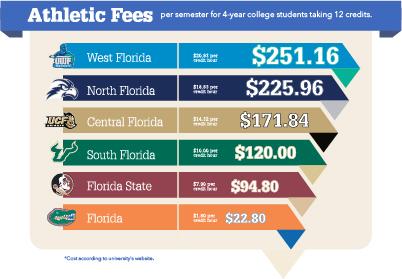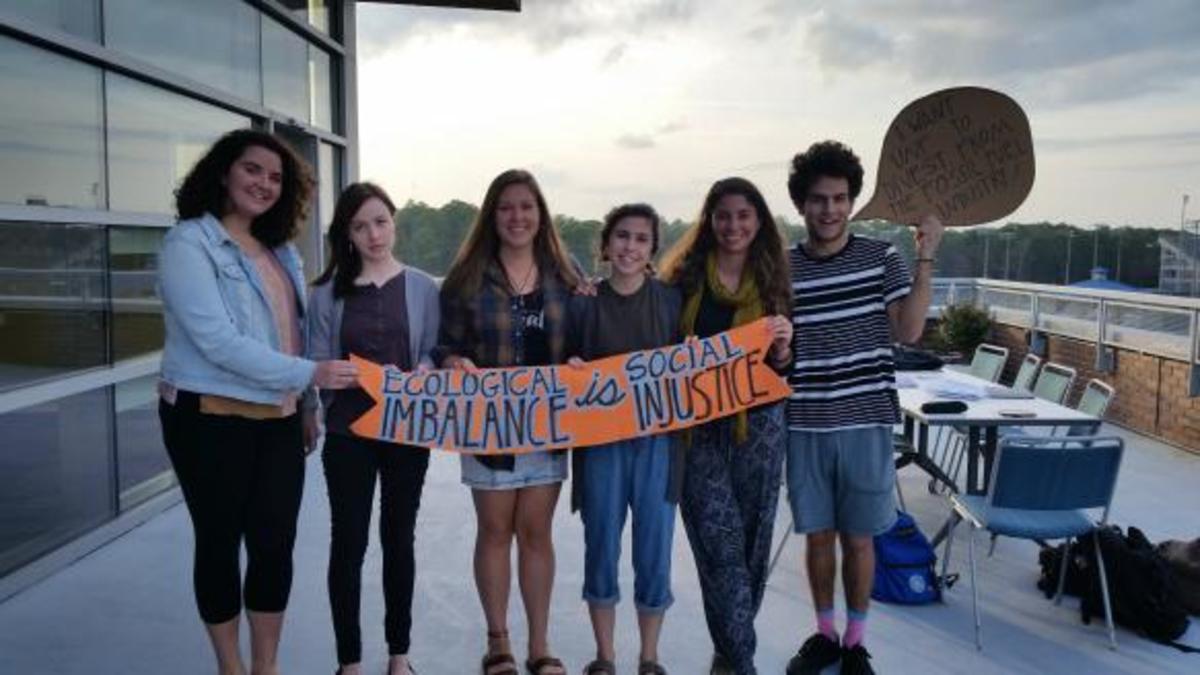Imagine being an international student coming to the United States for the first time. You are both scared and excited for the new experiences coming your way. When you get here, you learn that campus life is a huge part of the American college experience.
“For me, it was a good shock. [In Venezuela] you go from your house, to college, receive your lessons and then you leave. There’s not a lot of extracurricular activities,” said Luis Camejo, a business management senior.
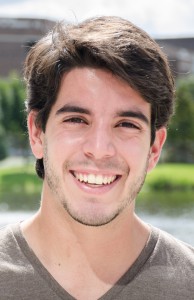
Because of this difference, international students tend to want to get involved as much as possible. In the past, these students have been very involved in student government. Several international students have been senators and one has been president. The International Center encourages the students to get involved, whether it be through Greek life, clubs, or athletics in order to augment their American college experience.
International students seem to be more involved in extracurriculars at UNF than domestic students.
“These are students that are leaving their home country and coming to a strange place to study and live here for four years, so they have to have some kind of motivation,” said Ruth Lopez, associate director of the International Center.
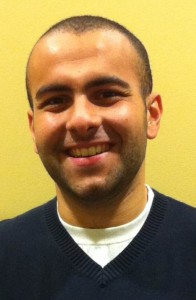
The International Center works hard to make these students feel welcome and at home at UNF. This includes picking them up from the airport and taking them grocery shopping when they first arrive.
Ahmed Tawfik, an electrical engineering graduate student from Egypt, says, “I always feel welcome wherever I go. I never felt any differences being an international student.”
According to Lopez, UNF is attractive to international students because of its variety of undergraduate programs, small class sizes and location. No matter where a student is from, Florida is seen as a popular destination.
Nickolas Pantner, a marketing senior from Venezuela, likes UNF because he has been in the United States since 2001. “I feel like it’s my second home,” he said.
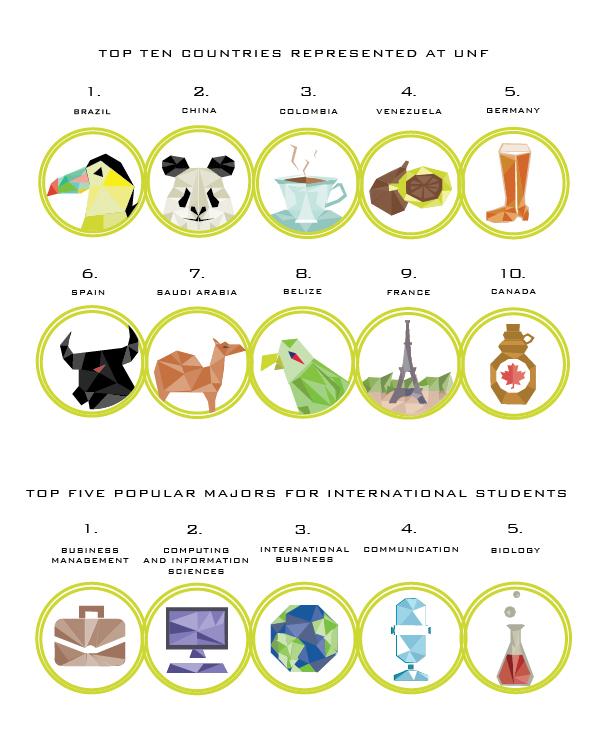
Although international students feel welcome here, they are disappointed to learn that domestic students are not as excited about getting involved. Americans are used to campus life and are not as worried about missing out.
Tawfik says that he wishes there was an event on campus that really encouraged domestics and internationals to get to know each other by showcasing the things they have in common.
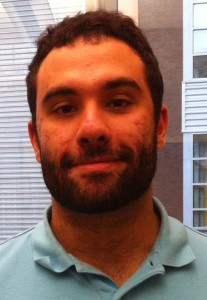
Nicolas Toporcov, a communication senior from Brazil, said, “I can’t say I didn’t feel accepted, but I did feel more accepted by other international students than UNF in general.”
The problem seems to be that many non-international students either do not know about events put on by the International Center, or they are not aware that the purpose of the events is to mingle both international and non-international students.
When asked if they knew that International Education Week is this week, all of the non-international students interviewed said that they were not aware. This furthers the gap between international culture and American culture.
In order to help bridge this gap, the International Center focuses on promoting their study abroad program, whether it be through signage, emails, Market Days or other outlets.
However, there will always be some sort of gap between the many cultures here at UNF. Mar Lloret, an undeclared freshman was shocked to see how different the United States is from Spain.

Even Pantner, who has been here for 13 years, still considers himself to be an international because he feels more closely tied to the culture of his home country, Venezuela.
Toporcov enjoys American culture, but said that he would be lying if he said he experienced it everyday. He feels that he experiences it only when he attends typical American events, like a barbecue.
Everyone, whether they are domestic or international, lives in their own cultural bubble. However, this does not mean the international students do not provide an advantage to UNF.
Megan Gillis, a nursing junior, believes that international students coming to campus provide variety and culture.
International students have a different outlook on the world than domestic students do, just as domestic students have a different worldview than internationals. This can expand the global understanding of all students by providing many cultures to learn.

“I feel like a lot of American students do like international students being here, because if you haven’t traveled outside of the country you don’t really know what it’s like or where they come from or what their story is like.” Pantner said, “Every single student has a different story to tell.”
If international and domestic students get more involved with each other, they can learn from the combined cultures and stories.
Email Kalee Ball at reporter7@unfspinnaker.com






